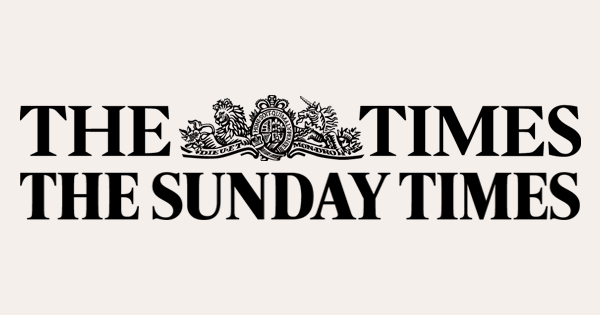This article was written by Chris Smyth and originally published on The Times.
Boris Johnson’s anti-corruption chief has warned that the credibility of sanctions against Russia risks being undermined by the ditching of a law designed to fight money-laundering.
The Conservative MP John Penrose said the government’s “well of excuses has run dry” after the prime minister was accused of quietly delaying plans for an economic crime bill.
Russian oligarchs are attempting to move cash into Britain as a war in Ukraine looms, Penrose said, adding that “the credibility of this country” is under threat if the government backs away from reform.
The prime minister and the chancellor were yesterday forced to insist they had not written off billions of pounds of taxpayers’ money stolen by fraudsters from the Covid business loans scheme after Lord Agnew resigned as a Treasury minister over the government’s “lamentable” efforts against fraud.
“I’m not ignoring it and I’m definitely not writing it off,” Rishi Sunak said as he promised to “do everything we can to get our money back and go after those who took advantage of the pandemic”. He insisted that “businesses on the brink of collapse needed support quickly”, with a trade-off between speed and checks on companies.
In his resignation letter, Agnew also attacked a “foolish decision” to kill off an economic crime bill. The proposed law would have established a register of beneficial ownership of UK property to stop people hiding ill-gotten wealth behind shell companies, as well as reforming Companies House to verify the identity of directors.
The bill would also introduce stricter liability for banks and other companies that facilitate fraud and other crime.
Challenged on this in the Commons, Paul Scully, the business minister, would not say when a bill might appear but insisted the government was “committed to tackling economic crime”.
Penrose said that ditching the bill “will be about as popular as a cup of cold sick with anyone out there who is concerned about the fight against corruption or the fight for transparency”.
He said that the law was “essential for the credibility of this country and this government, particularly when we have a crisis in Ukraine and all sorts of Russian oligarchs waiting to move money into this country if they can”.
Kevin Hollinrake, the Conservative backbencher, said that fraud “affects real people in very tangible ways”. He said “criminals, despots and terrorists involved in people-trafficking, illegal immigration, drug-dealing, extortion, kleptocracy, the impoverishment of nations, and fraud — including what is taken directly from the public purse, to the tune of £30 billion per annum — are all facilitated by some of the lax rules that we have in this country”.
The Labour MP Chris Bryant said: “We in this country are a soft touch. If we want to send a strong message to Russia, particularly at the moment, we have to move swiftly.” Meg Hillier, the Labour chairwoman of the Public Accounts Committee, told The Times: “Legislation to tackle economic crime has been a long-standing promise and yet the government seems to have dropped this without telling anyone.”
Earlier Johnson had sought to move on from questions about Downing Street parties by saying that the government was “bringing the West together to have the toughest possible package of sanctions to deter President Putin from . . . a reckless and catastrophic invasion” of Ukraine.

